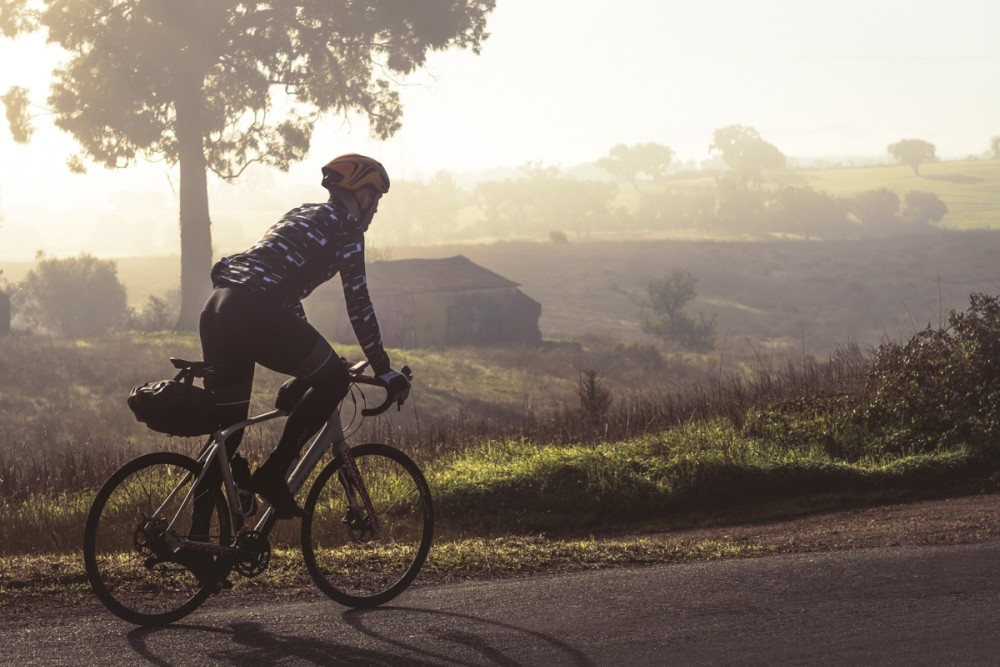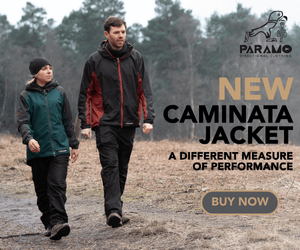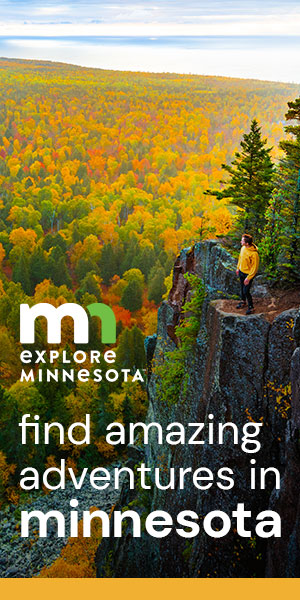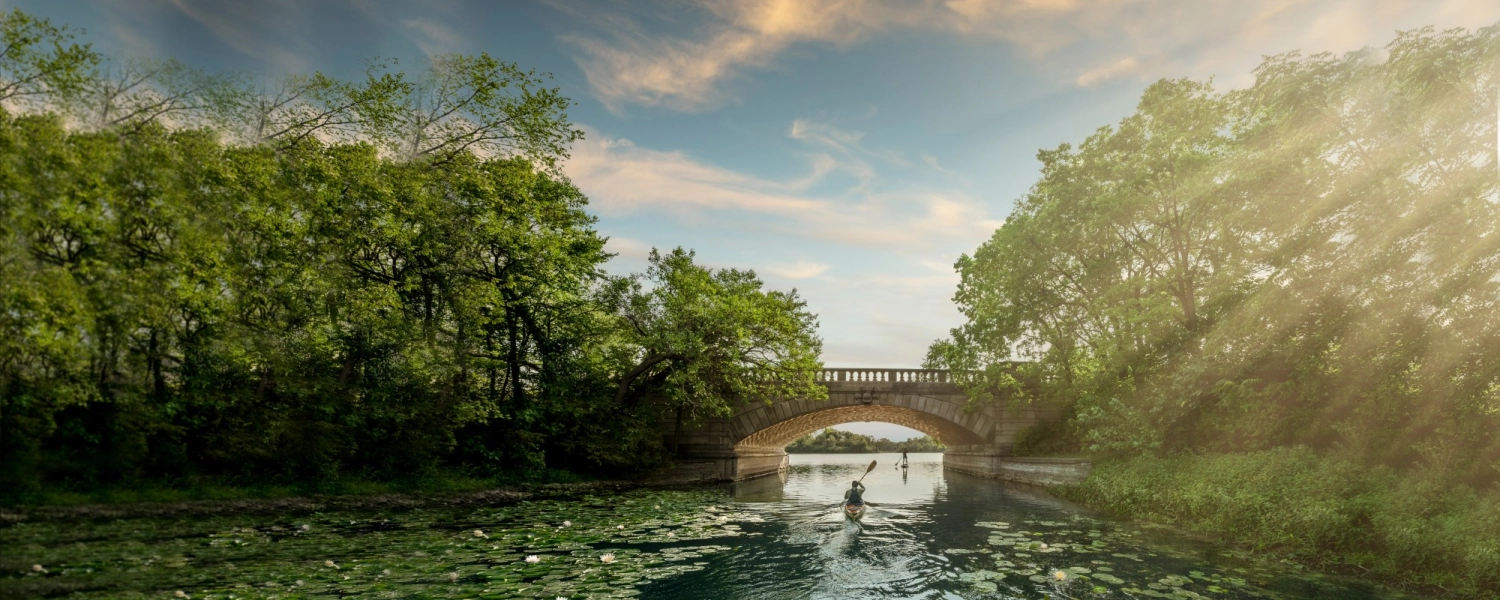- Details
- Written by: Active Traveller Staff
Suddenly, it feels as if we have reached the end of the world. Rugged cliffs fall away into an unforgiving sea that churns and froths, throwing a salty mist high into the air and filling our nostrils with the fresh smell of the world below us. We lay our bikes down and stand gazing out to sea, minds full of visions of greater journeys still to come, just as Portuguese explorer Henry the Navigator must have done at this exact spot all those years ago when he set sail into the unknown.
In all the years I have been cycling around the world, Portugal has, for reasons unknown, never registered much interest for me. This would explain my initial scepticism when my friend Axel proposed the idea of a bikepacking trip around the Algarve.
We were talking over coffee on a dreary grey day in Taipei, Taiwan, and I was on the verge of turning the idea down when he reminded me that at least the weather would be better in Portugal in December than it would be in Wales, where I live with my wife and two young children. He had a point. And so I agreed to a week of exploration on two wheels in southern Portugal on the promise of some winter sun and decent coffee, if nothing else.
Arriving in Faro at the start of December, I’m greeted by clear blue skies, a resplendent sun and temperatures in the mid-twenties. The thought of a week of weather like this endears Portugal to me before we even begin pedalling.
The route Axel has planned is designed to explore the best of the south, utilising a series of quiet ‘forgotten roads’, as he describes them, to give us a feel for a Portugal not often seen by your average tourist. Not that either of us could be classified as average tourists as we set off from Faro - we are, even by bikepacking standards, travelling light, but with a limited time frame for our trip we’ve reasoned that ‘light and fast’ is the best way forward, and we’ve packed the barest essentials.
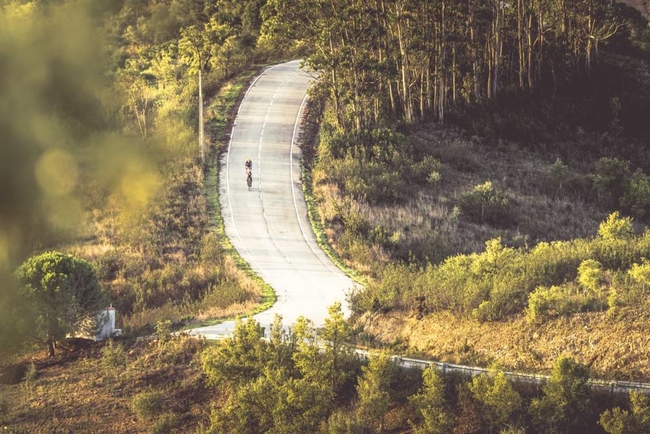
We soon leave Faro behind and steadily climb upwards, our progress slow until every so often the road unexpectedly plunges sharply down, only to rise steeply again. Finally these demanding little climbs give way to a brilliant ribbon of road that snakes its way across the top of a sea of rolling hills, stretching far into the hazy distance. Mile after mile, the road is empty, the only sign of life coming from the occasional wisp of warm smoke twirling up through the fresh morning air as fires are lit in the stonework farms.
Conquering the contours
Our growing sense of solitude is broken by the appearance of a lone figure on the road ahead of us. We slow to see a man dressed in tattered old boots and overalls standing with a shotgun under his arm. Seeing our alarm, he gives us a toothless grin that creases his dark weathered face, assuring us that he means no harm and that it’s perfectly normal to be walking around with a shotgun on a Sunday morning. Which, as it turns out, it is. It’s hunting season and, over the course of the day we encounter many more locals with guns on their way to hunt wild boar and partridge.
Eventually the road escapes the intricate lattice of hills and delivers us to the banks of the Guadiana river, which acts as the border between Portugal and Spain. Colourful fishing boats float on the still waters. On the Spanish side, an immaculate village of pristine white buildings topped with terracotta roofs spill up a hill. I can’t help but feel that we have travelled back in time.
The day grows long and our legs weary, prompting a stop at a cafe in the old town of Serpa. We sit drinking coffee and cold Coke under an orange tree heavy with fruit.
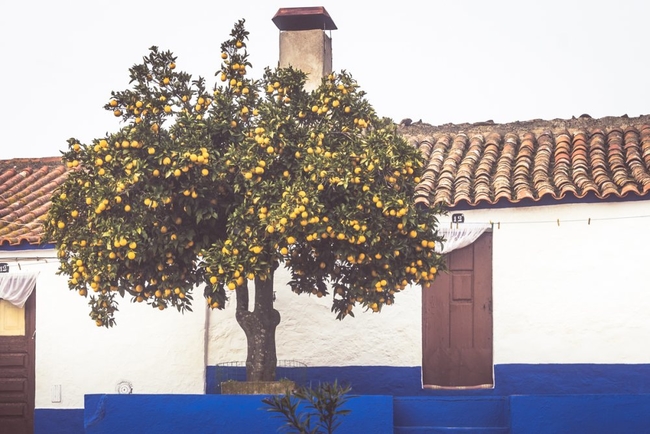
With barely an hour’s light left in the day, we bid Serpa farewell, resisting the temptation to stay as the inviting smell of home-cooked stew wafts down narrow cobbled streets. The smell stays with me for the next 15 miles as I lose myself in food-filled daydreams that thankfully become reality with a fine feast of pasta, rice and vegetables at the end of a long but satisfying day in the saddle.
There’s an appealing simplicity to exploring a foreign land by bicycle. The rigours of everyday life at home fade as I immerse myself in a new environment. As Hemingway said ‘it is by riding a bicycle that you learn the contours of a country best, since you have to sweat up the hills and coast down them.’ But it’s more than that - you get to feel, see and smell the world around you in a way that is unique to cycling.
On forgotten roads we find a Portugal unknown to the average tourist
Over the coming days Portugal unfolds before us, and I question why I had been so reluctant to come here in the first place. Our journey takes us west as we make our way towards the coast, from where we begin the long ride down to Sagres and Cape St Vincent. It was here that Henry the Navigator, regarded as the patron of Portuguese exploration, is said to have founded his school of maritime navigation back in the 1400s.
Our own journey is far from over, and the following morning we set off once more, heading north towards the Serra de Monchique mountain range. The early mornings are cold, with icy fog hanging heavy in the air, forcing us to don full thermals. As we make our way towards the mountains, the landscape changes. We ride past lush meadows and groves of chestnut and cork, sheep grazing to the sound of their tinkling bells and the two of us pedalling through, perfectly content in the midst of it.
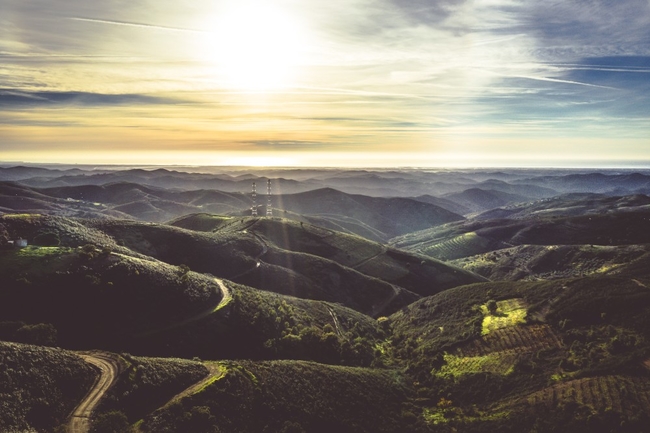
The sweetest thing
We notice an increasing number of people picking little red berries from trees, which we later find out are arbutus, or strawberry trees. During one mid-morning coffee stop, I explain our journey to the barrel-shaped old lady serving us. She hands us a bottle of clear liquid, proclaiming with a mischievous laugh that it is ‘good for pedalling’. It turns out to be medronho, the local firewater distilled from the same red berries we saw growing on the trees. I’m not sure it benefits cycling ability, but it certainly warms you from the inside out.
The road meanders upwards, passing through villages of small cobbled streets, whitewashed houses with colourful shutters and the ubiquitous orange trees that line every village we ride through. On the edge of one small village I pick an orange and place it in my jersey pocket to eat later. I look forward to the sweet taste of orange all afternoon, only to discover that, despite looking ripe, it’s the sourest thing I have ever eaten.
What the Serra de Monchique lacks in stature (the highest point is the summit of Foia at 902 metres), it certainly makes up for in other ways, not least the rollercoaster roads that twist and turn their way through the mountains. The Roman spa town of Monchique is both beautiful and endearing, and home to some of Portugal’s tastiest local delicacies, including the country’s famed custard tarts - the perfect reward for the long and steady climb required to reach the town.
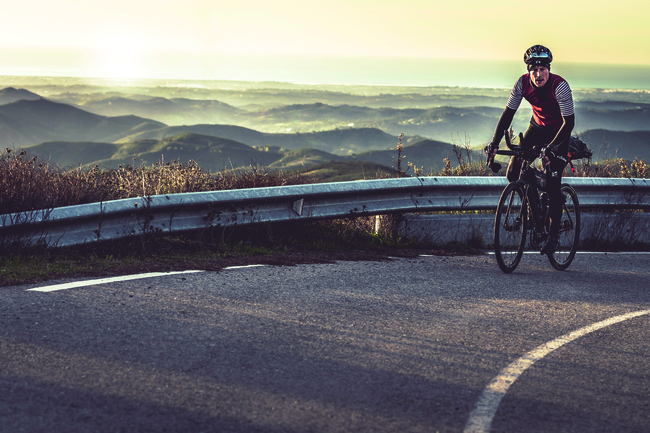
The final leg of our journey keeps us on remote roads as we somewhat reluctantly make our way back towards Faro and the end of the adventure. On our final night we find ourselves in a tiny cafe in a remote hamlet, drinking cold beers and homemade almond liqueur with an eclectic group of locals. It feel as if we are sitting in someone’s front room, with the family who own the establishment eating their dinner at a table and a little old lady preparing olives next to the roaring wood burner.
Despite a sense of sadness that our trip is over I can’t help but smile to myself as we cycle back to Faro. Our time on the road has started a new relationship with the country I had least expected to fall in love with, and I could have ridden the roads of southern Portugal for weeks. As the Indian poet Rabindranath Tagore once said, ‘my eyes have seen much but they are not weary. My ears have heard much, but they thirst for more’.
Portugal's sweet treats
It’s impossible to stop for coffee in Portugal without being tempted by any number of delicious pastries, queen of which are the country’s ubiquitous baked custard tarts, or pastéis de nata. From the 15th century onwards, a time when Portugal was at the forefront of global trade routes, nuns and monks began making pastries.
Legend has it that they used large quantities of egg-whites to starch laundry such as nun’s habits, and rather than waste the yolks they began creating the recipes for the sweet treats so many enjoy today.
These days, pastéis de nata are a variation on an egg tart whose recipe is a closely guarded family secret. The pastel de Belém was first made by monks at the Jerónimos Monastery in Belém, and later sold to a Portuguese family that has made pastéis de Belém ever since. The originals can only be found in Lisbon. However, go anywhere else in Portugal and you will be sure to find equally delicious pastéis de nata, the perfect sugar kick after cycling.
Other pastries of note are bolo de mel da Madeira, a dark honey cake spiced with cloves, star anise and cinnamon, tarte de amêndoa, a country-wide speciality using almonds, and pastes de Feijão, made with almonds and white beans.
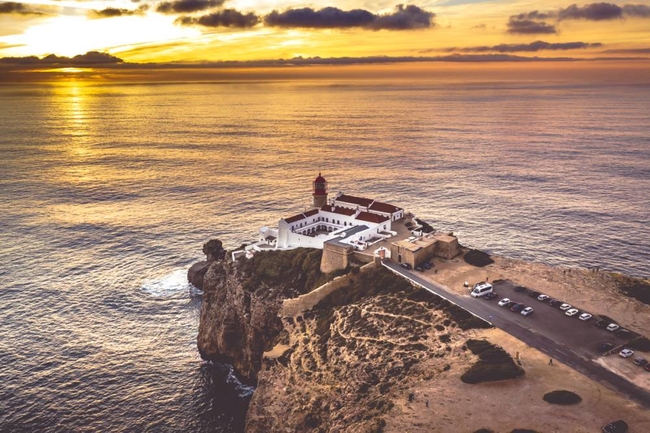
Travel info
Health & safety
Portugal is generally a safe and easy country to explore. The sun can be strong year-round, so pack sunscreen.
What to pack
Pack padded cycle shorts for long days on the bike and a GPS system if you’re exploring without a guide - plus a hearty appetite!
Our trip
Marcus travelled independently, staying in inexpensive hostels and traditional pousada hotels. Find more information on hotels, places to eat and things to see go to the Visit Portugal website.
Getting there
Ryanair fly daily from various UK airports to Faro from £30 return.
Getting around
Renting a car is the easiest way to get around when you’re not on two wheels.
Where to stay
Pousada Convento de Vila Vicosa.
This beautiful old hotel in the oldest part of the town of Vila Vicosa was once a 16th century convent and now manages to be both luxurious and affordable. Standard rooms from £80 per night.

